Industry spokespeople have been calling for a radical overhaul of business rates but the chancellor’s announcement at this week’s Conservative Party Conference has done little to gain trust (“Uniform business rates abolished and councils to keep income”, PropertyWeek.com, 5 October).
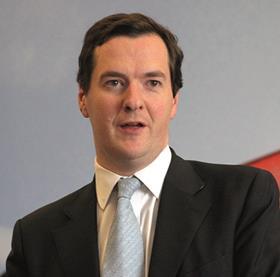
By scrapping the Uniform Business Rate (UBR) and allowing councils to keep all revenue raised from business rates, the chancellor has effectively turned back the clock to the 1970s.
George Osborne has stayed true to form with his plans to devolve powers from central government to the regions (arguably to avoid the fallout from long-term cost cutting to services such as social housing), while simultaneously creating a system of uncertainty and instability for businesses and councils.
As with the pre-1990 business rates system, businesses now face the prospect of incurring vastly different costs for identical properties - potentially on either side of a road - because different local authorities will be at liberty to set rates at their own level.
Checking rate bills is going to become something of a nightmare for businesses as they will have to be aware of the correct rate in the pound for each of the hundreds of rating authorities that are in place.
Added to that, the announcement that city mayors will be able to levy a new infrastructure tax may see businesses facing an even bigger rates liability.
The UBR created a landscape that at least had a degree of structure. There is a real risk that, by devolving rates collection and scrapping central government redistribution, councils and businesses will be operating in a veritable ratings ‘Wild West’.
Of course, we await further details, but the government’s meddling (including the changes recently proposed in the Enterprise Bill) mean life is going to be very difficult for rate payers who face a turbulent time before the next revaluation in 2017.
Alan Watson, partner and head of rating at property and planning consultancy Rapleys


























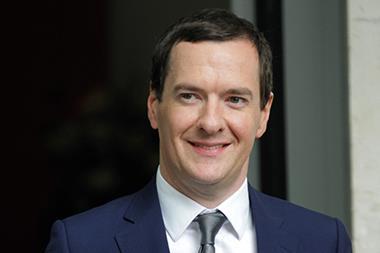
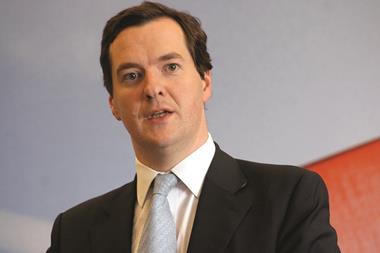
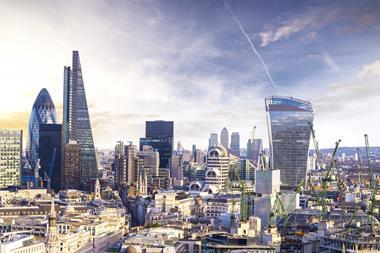
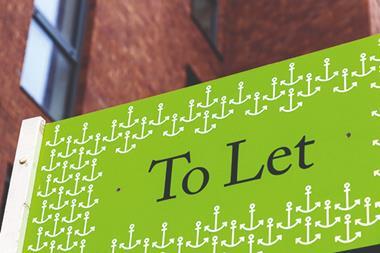


No comments yet